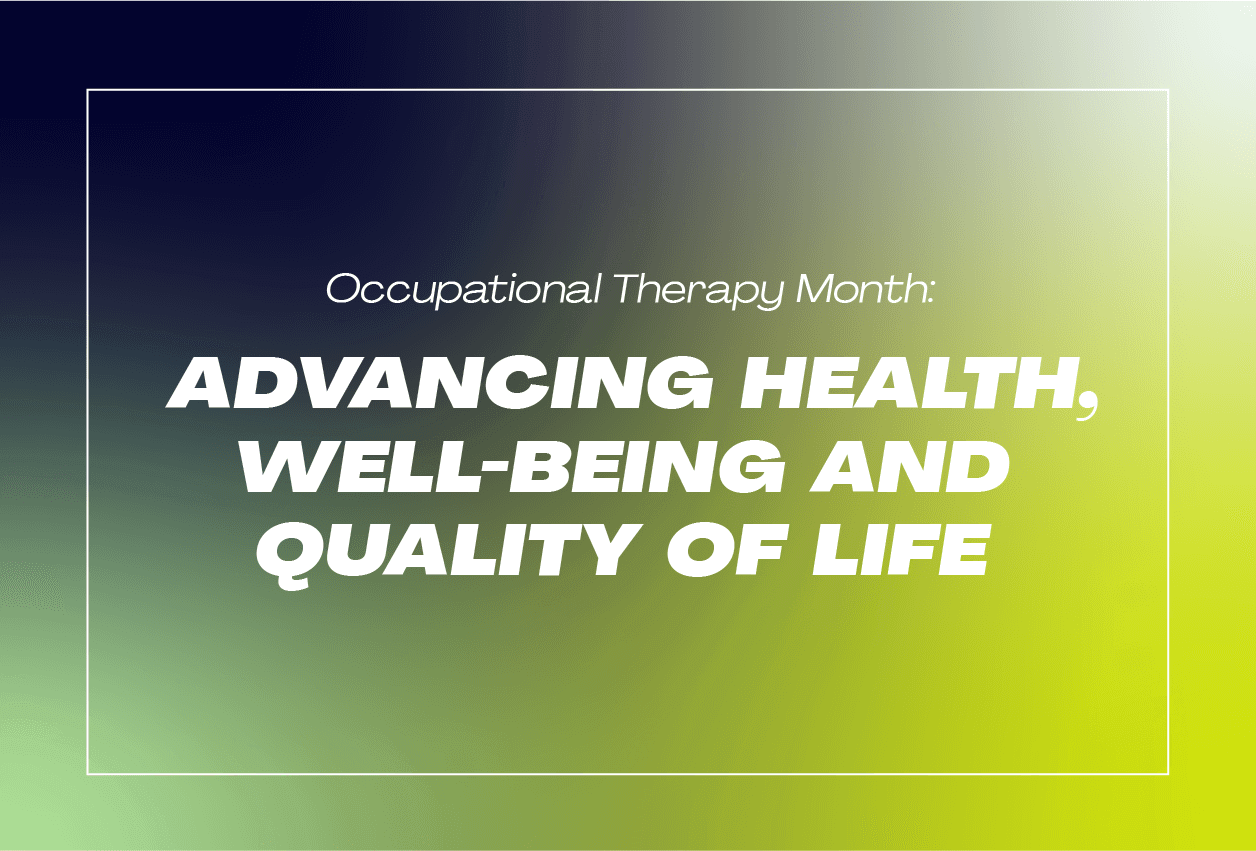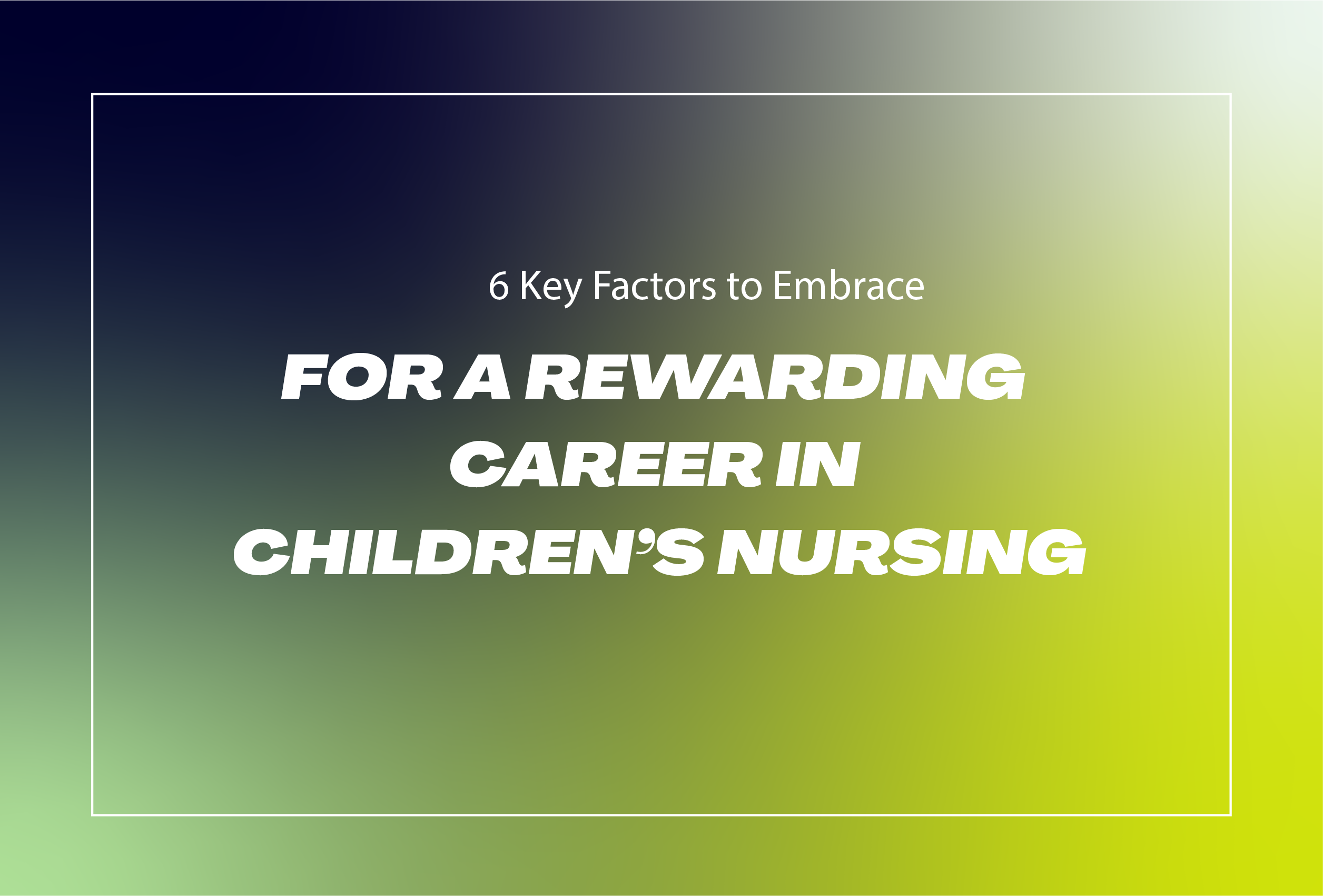By Rachel Lamb . 14/02/2017 · 3 Minute read
Valentine’s Day is a holiday many look forward to each and every year (especially if it’s the only time you see your partner’s romantic side!). It’s a day to celebrate love and romance. A time for exchanging Valentine’s gifts like flowers or chocolate…you might even get a proposal!
Ultimately, there’s no feeling quite like being in love; the feeling that your heart is going to pound out of your chest, the constant butterflies and the way you can think of nothing else apart from that significant other. But why is it exactly that we feel all of these sensations when we are in love? We all know that emotions and thoughts come from the brain, yet the heart somehow manages to play such a big part in the way we feel.
We’ve had a look into the science of falling in love and the way our bodies react.
It’s a Chemical Reaction
When you fall in love, your body’s ‘feel good’ (dopamine, adrenaline and norepinephrine) chemical levels all increase. Dopamine is involved with many functions in your body including memory, cognition, attention and mood. This is the neurotransmitter that makes you feel like you’re floating on a cloud.
Together, adrenaline and norepinephrine are responsible for the pounding in your heart, any restlessness you may feel and the fixation you have on that special someone. They are the chemicals which underlie your body’s fight-or-flight responses.
Falling in love also affects your serotonin levels. These levels decrease and it’s thought this is why we find it hard to focus on anything other than our partner in the early stages of the relationship and why we get so jittery.
Think with Your Heart
Neurons, the cells that allow your brain to form thoughts, can also be found in your heart (40,000 of them to be exact, all with the ability to sense, feel, learn and remember!). Some say your heart is like a little brain that works closely with your actual brain- could this be why we sometimes feel like we can think with our heart as well as our head? It’s one many debate over!
Love on the Brain
We’ve all heard of the saying, ‘Love is blind’. Semir Zeki, professor of neuro-aesthetics at University College London says, ‘When you look at someone you are passionate about, some areas of the brain become active, but a large part is de-activated, the part that plays a role in judgement.’
The portion of our brain that controls our fear and negative emotions is more likely to shut down; this is why people often feel so happy and more courageous when they’re in love.
Experiments held using MRI scans also show that when you’ve fallen for someone, the blood flow increases to the pleasure centre of the brain. The area linked to obsessive and compulsive behaviours also has an increase in blood pressure-so, if you find yourself obsessing over someone, now you know why!
No matter how you’re spending your Valentine’s Day, the team at Your World wishes you a good one.









